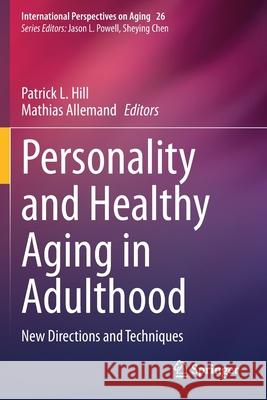Personality and Healthy Aging in Adulthood: New Directions and Techniques » książka
topmenu
Personality and Healthy Aging in Adulthood: New Directions and Techniques
ISBN-13: 9783030320553 / Angielski / Miękka / 2021 / 209 str.
Personality and Healthy Aging in Adulthood: New Directions and Techniques
ISBN-13: 9783030320553 / Angielski / Miękka / 2021 / 209 str.
cena 684,33
(netto: 651,74 VAT: 5%)
Najniższa cena z 30 dni: 655,41
(netto: 651,74 VAT: 5%)
Najniższa cena z 30 dni: 655,41
Termin realizacji zamówienia:
ok. 22 dni roboczych.
ok. 22 dni roboczych.
Darmowa dostawa!
Kategorie:
Kategorie BISAC:
Wydawca:
Springer
Seria wydawnicza:
Język:
Angielski
ISBN-13:
9783030320553
Rok wydania:
2021
Wydanie:
2020
Numer serii:
000421158
Ilość stron:
209
Waga:
0.31 kg
Wymiary:
23.39 x 15.6 x 1.17
Oprawa:
Miękka
Wolumenów:
01
Dodatkowe informacje:
Wydanie ilustrowane











